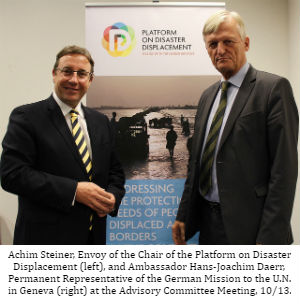On Nov. 5, 2012, China made a request for consultations with the European Union (EU) through the World Trade Organization (WTO). In the request, China alleges that certain feed-in tariff schemes in some EU Member States, including Italy and Greece, are inconsistent with the rules of the WTO. While the details of China’s complaint are not yet available, the rules identified in the request include the General Agreement on Tariffs and Trade (GATT), the Agreement on Subsidies and Countervailing Measures and the Agreement on Trade-Related Investment Measures.
The Chinese complaint reportedly focusses on feed-in tariff schemes which provide incentives for renewable energy production by paying higher rates to solar power generators. It is alleged that the European schemes are inconsistent with WTO rules because the payment of the feed-in tariff to renewable energy producers is linked to requirements that they use locally produced components. It is alleged that these requirements favor European solar panel producers, to the detriment of imports of similar panels from China.
A request for consultations is the first step in WTO dispute settlement. If consultations have failed to resolve the dispute within 60 days, then China may request that the Dispute Settlement Body of the WTO appoint a panel to adjudicate the dispute. If the feed-in tariff schemes are considered to be government subsidies that are conditional on the use of domestic products within the meaning of WTO rules, then they would fall within a category of “prohibited” subsidies and would have to be abolished.
The price of solar panels reportedly fell over 40% in the period from 2006-2011, largely due to growth in Chinese solar panel production. The fierce competition in the sector has led to a string of WTO disputes, including two complaints against Canada which are very similar to the complaint China has now made against the EU. In fall 2010 Japan requested consultations with Canada regarding a feed-in tariff program adopted in the province of Ontario, on the basis that the tariff was linked to the use of domestic components at the renewable energy facilities. The EU later made a similar complaint against Canada, and the two cases were heard together by a WTO dispute settlement panel. That panel is expected to formally hand down its decision by the end of November 2012, although a leaked copy of the interim decision suggests that the Ontarian feed-in tariff scheme will be held to be inconsistent with WTO rules.
As we reported in October 2012, renewable energy technologies have also been the subject of several recent trade disputes between the U.S. and China. On Oct. 10, 2012, the U.S. Department of Commerce issued a final ruling imposing substantial tariffs on Chinese solar panel imports, to offset alleged government subsidies for their production.


